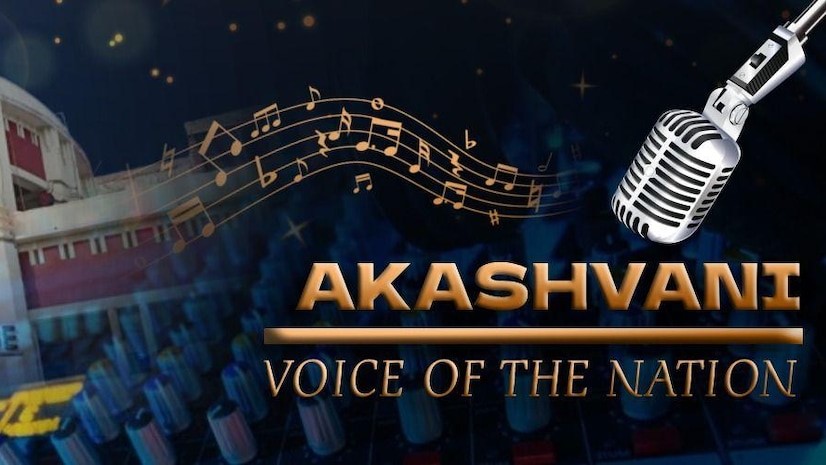Free Courses Sale ends Soon, Get It Now


Free Courses Sale ends Soon, Get It Now



Copyright infringement not intended
Context: The Union Government mandated that the national public broadcaster, formerly known as All India Radio (AIR), be referred to just as Akashvani in all broadcasts and shows.
Details
All India Radio (AIR)
About
Origin
After independence
AIR's functions
Significance on AIR
Conclusion
|
PRACTICE QUESTION Q. Radio programme is a form of audio broadcasting that reaches millions of listeners around the world. It can inform, educate, entertain and inspire people through various genres and formats. How does a radio programme adapt to the changing needs and preferences of the audience? How does the radio programme contribute to the social, cultural and political development of the society? |
https://indianexpress.com/article/explained/air-akashvani-brief-history-8593704/
© 2024 iasgyan. All right reserved